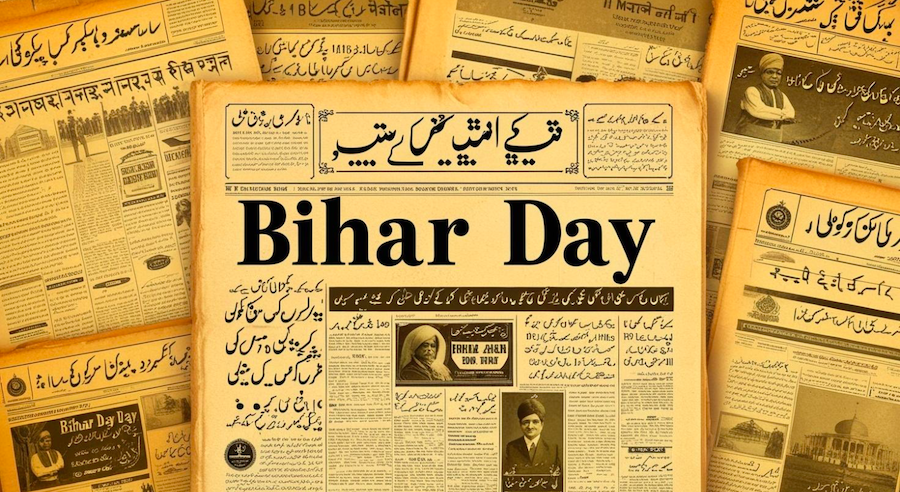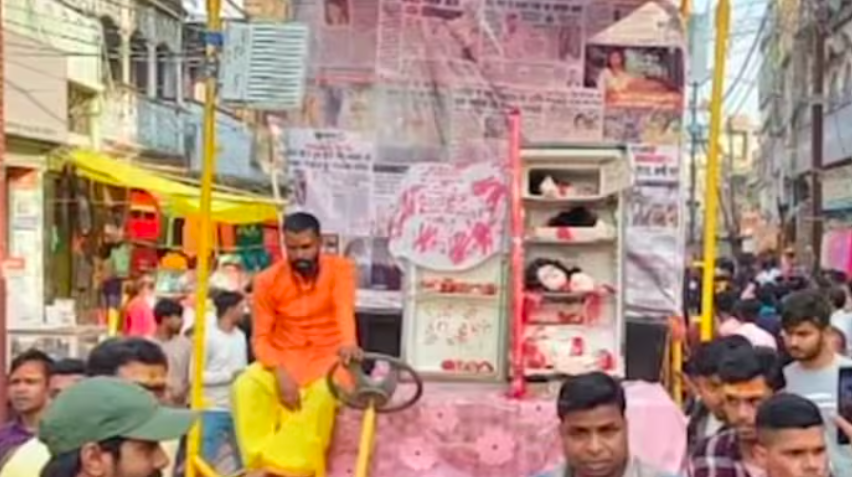BeyondHeadlines News Desk
A National Conference with theme ‘Central India: Towards Conflict Resolution’ was organized by Nelson Mandela Centre for Peace & Conflict Resolution, Jamia Millia Islamia on 26-27 September 2012.
Conducted over two days and comprising five sessions, the conference aimed at arriving at peace strategies for tackling the Maoist problem in Central India. The security situation in Central India has been described as the gravest challenge facing the state. This entailed a closer look at the current situation, security strategies operational and prospects for a peace processes. This was carried out in the three working sessions of the conference by the 15 speakers participating in the conference.
The agenda of the conference was set in the inaugural session by the opening remarks of the Vice Chancellor, Mr. Najeeb Jung. The inaugural address was by the Chancellor, Lt Gen MA Zaki (Retd). He relied on his experience in counter insurgency from the tactical to the strategic level to highlight that preventing a degeneration of the conflict is necessary in order to energise peace processes.
In the first session was conducted a review of the situation. Media persons covering the region and experts on the issue gave out their perspectives. The major issues that emerged were that the state has deficiencies in reaching development to the region. The security template operational therein also has limitations. The Maoists too have an implacable wider agenda of seizing state control driving them. As a result, people in the region are bearing considerable pressures from both sides. An expert from the North East opined that there was little risk of the problem spreading. There was little that the ongoing peace processes in the North East could offer by way of lessons for Central India.
In the second session, held post lunch on the first day, security experts discussed the security template operational in the region. The sessoin was kicked off by a special address by the former special DG, CRPF, Mr. PM Nair. He reflected on the humane aspect of operations being done by CRPF. Later, it was brought out by the various speakers that the combine of police and central police forces currently operating there require to make many and varied improvements in their training, culture and equipment in case they are to be effective. One speaker questioned their ability to deliver on the task. Since substituting them with the army that alone can do the job is not possible, given the known reluctance of the army for such deployment, the talks option therefore loomed larger. The legal aspect discussed was in terms of the varied restrictive regime of laws that was in place. An officer from the Air HQs dilated on the air support aspect for the education of the audience, not exposed to this dimension earlier.
The third session was the climax of the conference as intended. It was to discuss peace strategies since that was the aim of the conference and forms part of the mandate of the NMCPCR. Problems faced in the peace process were brought out by Swami Agnivesh in his candid recounting of recent history in which he was a significant participant. It emerged that the state is also reluctant to go down the peace route. Dr. Binayak Sen, noted human rights defender, educated the audience on the ‘silent famine’ that is underway in India in terms of nutrition deficit for most of the people, particular tribal communities. Mr. Nitin Pai, from the conservative think tank Takshashila Institution, gave out the structural and governance shortfalls that need to correction in case normalcy is to return. Mr. Gautam Navlakha was frank in his view that state suppression has led to the problem in first place. Therefore, if the problem is to go away the first step would be to reverse the suppressive template.
The conference was rounded off by a powerful closing address delivered by Prof. Haragopal. Prof. Haragopal has been a negotiator in earlier instances of negotiation with the Maoists. His most recent activity was in arranging the release of kidnapped deputy collector of Sukma district. He drew on this background to stress that the neoliberal economic paradigm had exacerbated the problem. He was of the view that the Maoists were ameable to talks. The state could therefore prove responsive for the betterment of the situation and alleviation in condition of the tribals.
The conference was well attended and the students in particular found it to be educative along several dimensions. In the conference dinner students were able to interact with the speakers, in particular Dr. Sen and Prof. Haragopal. The first day was at the Tagore Hall and the second day venue was the Edward Said Halls to accommodate more students. The governance dimension could not be covered adequately due to lack of participation by the representatives from the Home Ministry and Chhatisgarh governments, despite efforts to engage them.
The conference aim was well met in terms of highlighting that the peace prong of strategy had strong prospects. Its potential for conflict resolution could be harnessed in case the state was to be prevailed on to incentivise the Maoists to agree to talks. The talks could first unlock the status quo and thereafter ensure that development is reached to tribal communities in the forests. In effect, talks form a major policy option that needs exploration to the fullest.








